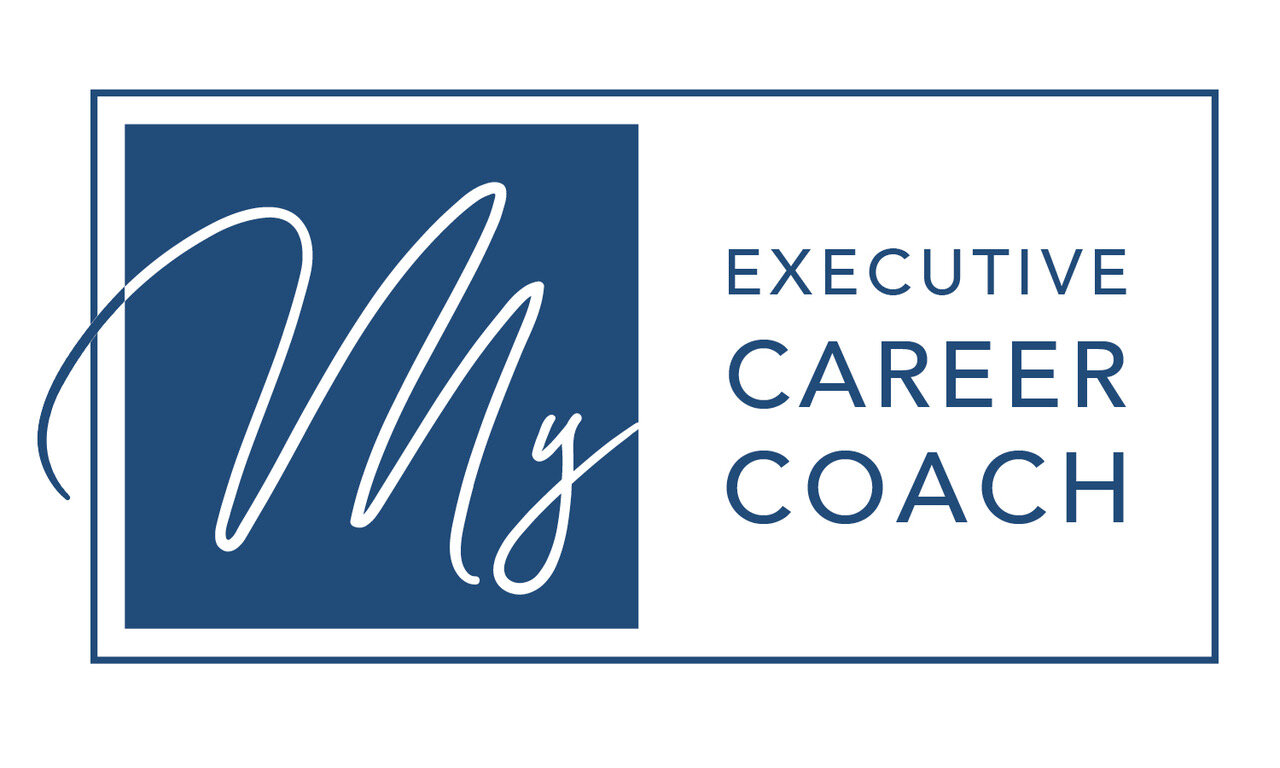By Linda Van Valkenburgh, MS, CCMC, CJSS
When you get laid off, the first thing that grips you is fear. How are you going to take care of your family, pay the mortgage, get another job in this economy and on and on; the thoughts keep swimming around in your head. Human Resources calls you in and hands you papers that may include information on severance and COBRA, and asks you what you want to do with your 401(k), life insurance and other things. Your head is spinning. What should you do?
We spoke with Jay Rovert, a knowledgeable, senior broker with MetLife of Shelton, Connecticut. Jay is a veteran at solving the needs of people in transition. He is a frequent lecturer on finance and insurance for the New Jersey Department of Labor, teaches classes in financial literacy for them and runs a networking group in Connecticut to help people in transition get out into the mainstream and make new connections. Jay is a frequent attendee at the ExecuNet meetings held in our office where he offers information and suggestions to help jobseekers get back on their feet. This familiarity with the needs of people in job search makes the information he has to provide valuable and current.
The first thing a newly laid off employee has to contend with after Health insurance, is what to do with their 401 (k) account. It can be maintained with the company so it is something that does not have to be focused on. However, with the cost-cutting that is going on in corporate America today, is this a good idea? Consider creating an IRA rollover account. This gives you the opportunity to roll over your money into a vehicle that will provide the maximum return that you determine according to your personal investing criteria. There are also other considerations with a 401(K) that need to be reviewed. If you think it will take you a while to transition, Jay recommends taking a large portion of your money out and leaving some of it with the company to have as a vehicle for borrowing against as loans are, in most instances, possible to take with 401(k)’s. In this way, you can use your funds on a temporary basis and return them within the confines of the loan guidelines, thereby not incurring a penalty and still keeping them in their protected state.
Jay will tell people about opportunities to invest their money in other places, giving them the true ability to make an informed decision about their investments. In order to do this, he discusses the information about retirement accounts and financial planning to re-align a lower income with expenses to help re-position your life if things are not going as planned. His strategies teach people how to maneuver their portfolios in case the stock market goes down. He seeks to find good companies with low dividends as well as less aggressive stocks with big dividends to help add in some cash flow.
In our next posting, we discuss the very important issue of insurance for job seekers because as bad a time as losing your job is, you still need to think about insurance coverage for your family. As always, if I can help you in search, please do not hesitate to contact me at 203-323-9977, or at [email protected]. I wish you every success.
